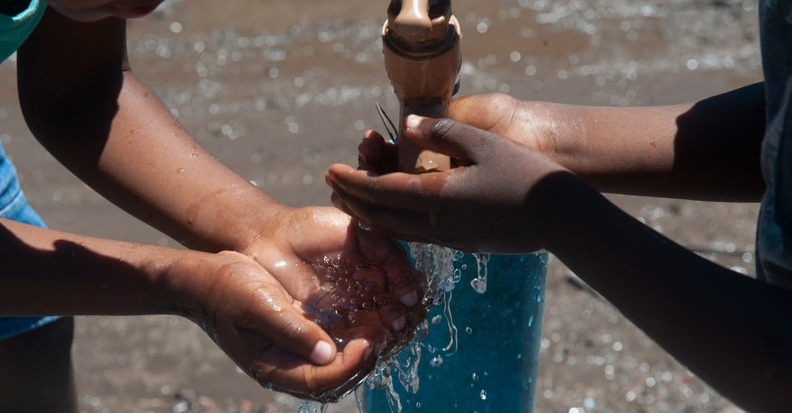By ‘Odidi Matai-Sigudla
On 29 May, the Makana Municipality and the Department of Water and Sanitation began plans to launch a Health and Hygiene Awareness campaign in Makhanda following the discovery of E.coli in the water supply.
The municipality had issued a “boil water” alert on 25 May after water quality tests revealed that E.coli had contaminated the town’s water. They later released a press statement explaining that they usually used Chlorine gas to purify the town’s water but ran short, and resorted to using Chlorine powder (HTH) as an alternative. The municipality claimed that this would usually be effective, but the two days off and one day on water shedding system in Makana had caused the HTH to evaporate between the source and the tap, allowing the water to be contaminated by E.coli.
This was not the first time that E.coli had been found in the town’s water supply. In response to the water tests showing E.coli, the municipality said it had secured chlorine gas and other additional chemicals, which arrived on 25 May and were placed into all reservoirs the same day.
After chlorinating the water, the municipality re-tested and sent new water samples to an accredited laboratory to be tested. The results were due back on 30 May. However, according to Makana Municipality, the results have not yet been returned. At the time of publishing, Grocott’s Mail had not received any feedback from the municipality as to why the results were late.
After the results are returned, Amatola Water and Rhodes University will re-test the water. Once the water test results confirm E.coli as undetected, a new Water Alert will be issued, the municipality says. Until then, “consumers are advised to boil water or put a teaspoon (5ml) of bleach into 25 litres of water and leave to stand for 30 minutes before consumption,” says Makana municipality.


